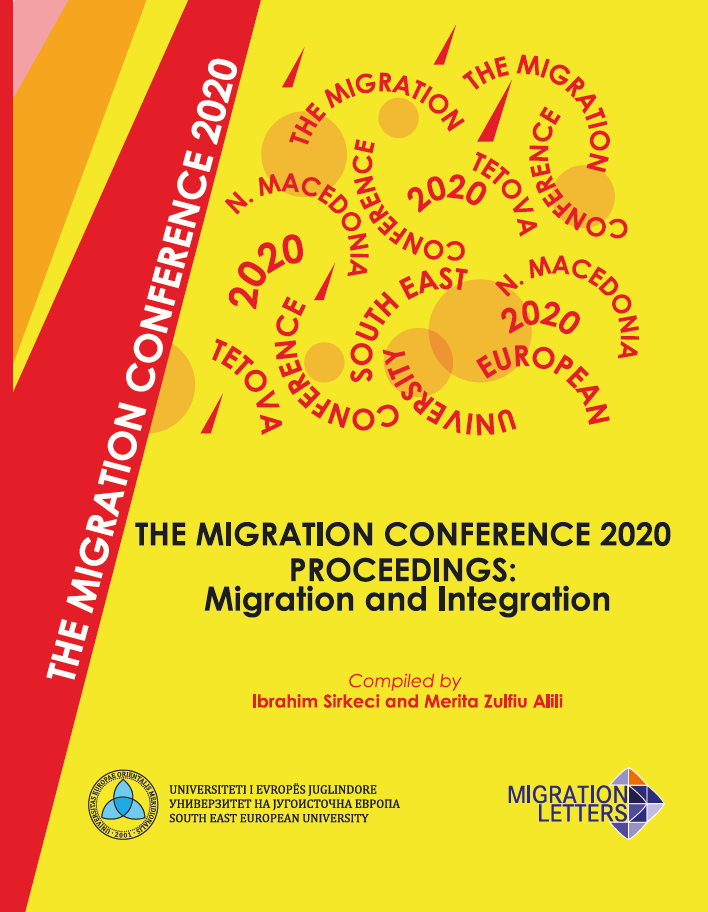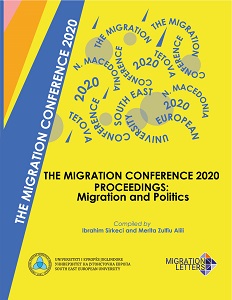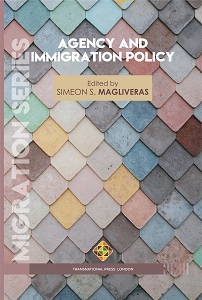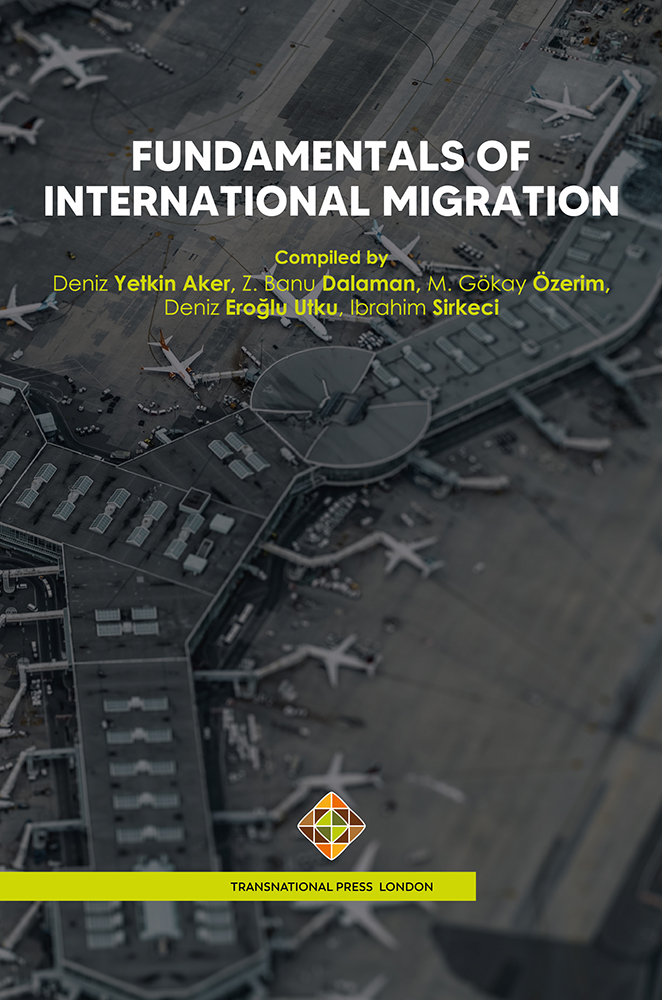
Refugee And Asylum-Seeking Students’ Experiences And Perspectives Of Education In The United Kingdom
Refugee and asylum-seeking students (RAS) face various challenges in accessing and excelling in the British educational system. Refugee-background students are entitled to attend mainstream, formal education, but there are no clearly defined educational policies that address their specific needs. There are still notable gaps in the literature highlighting the distinctions between the specific needs of refugee-background students from the needs of other groups and of their experiences of schooling. This study has been designed to investigate RAS students’ experiences and perspectives of education in England. It has been necessary to find a theoretical framework that accounts for the impact of culture and integration policies on teaching and learning in diverse classrooms.
More...


